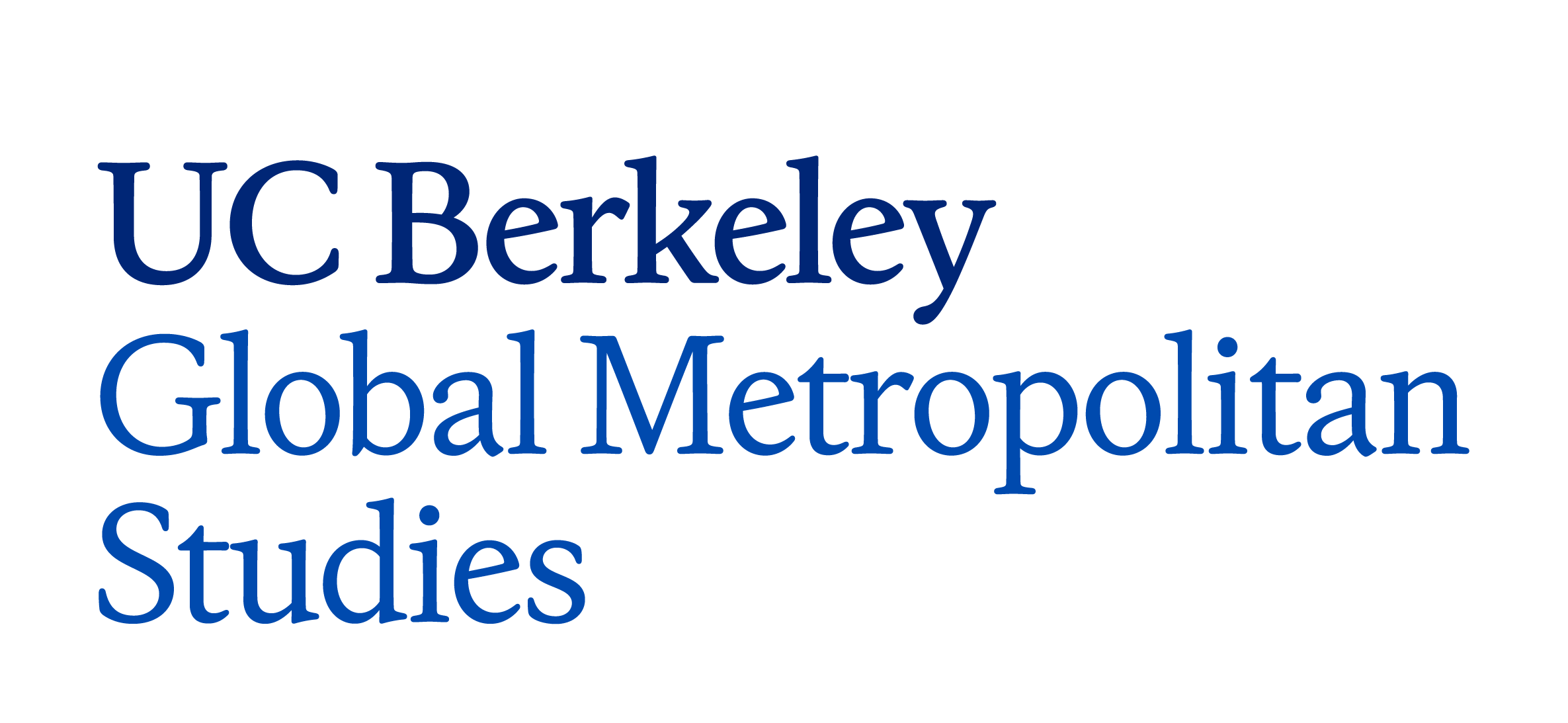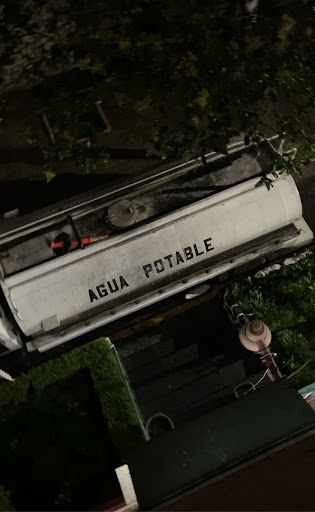While cities can anticipate increasing frequency and severity of climate-related disasters, political uncertainty and global pandemic fallout are producing crises of public capacity and accountability in state and local economies. This convergence of crises exposes a politics that upends implicit assumptions about the existence of a functioning state and its role in addressing climate risk that affects peoples’ everyday lives. My current research is located in Mexico City, where a political regime shift and austerity campaign have dismantled Mexico’s complex infrastructure of bonds and trusts critical for disaster recovery and climate adaptation. Given Mexico City’s high disaster risk and high inequity—and with the clock still ticking on climate change—interest in financing subnational climate adaptation and ‘doing resilience’ persists among global development finance institutions (DFIs) and international reinsurers. However, it is unclear what forms new interventions might take without dedicated federal support—and what the implications are for publics and counterpublics as these emerge and assemble discursively through social, material, and institutional arrangements around the problem of climate change. My research explores these arrangements in Mexico City as they surround a regional contingency fund that was spared during the national-scale funding cuts. This fund is a risk transfer instrument forged through global public-private partnerships for securing disaster and economic risk in the capital that appeals to global actors as a potential space for innovative collaboration and subnational investment. I situate this fund as a site of discursive tension, functional necessity, and conceptual possibility for disaster governance in the face of political uncertainty. With this framing, I trace the concept of ‘urban resilience’ through global-scale processes and local-scale sites of collective life in terms of the institutional principles that organize it, the ideologies that underpin it, and the publics (and counterpublics) that assemble around it in these increasingly uncertain times.

